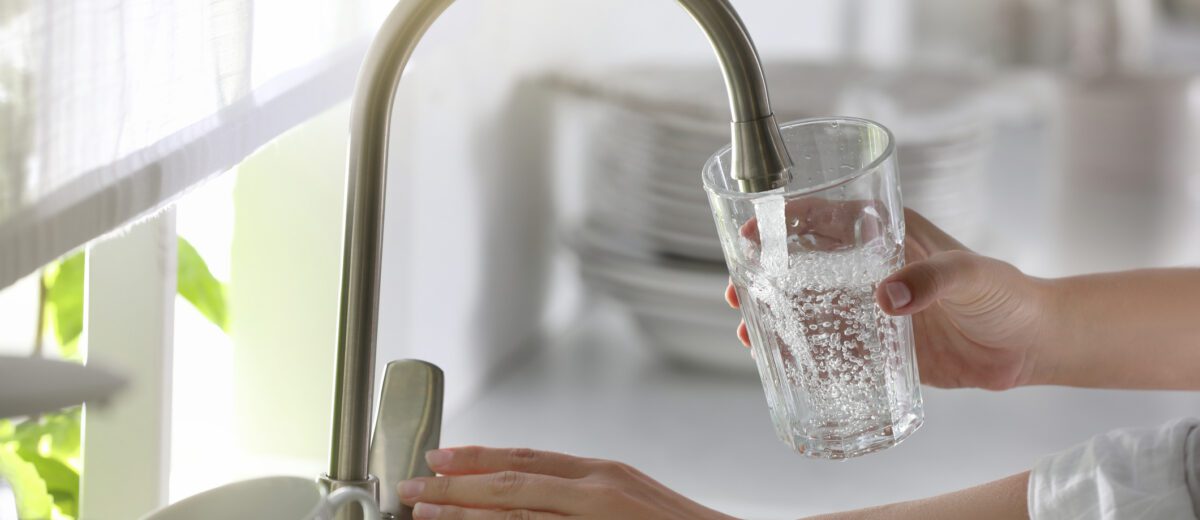Water Availability Following A Disaster – Are You Prepared?
Written by Kerri Pawlina of A&L Laboratory
In New England, we are relatively safe from natural disasters occurring but it’s not impossible for one to hit and potentially cut you off from clean drinking water.
How ready are you and your family if this happens? Preparation is key to survival. First, you should determine your water needs. Store at least one gallon of water per person which would last about three days; this number can vary based on age health, physical condition, activity, diet and climate.
Water should be sealed and stored in a dark cool place. If the disaster outlasts your stored water supply, it may be necessary to treat water at home  prior to drinking. There are several ways you can do this to help assure your water is potable; boiling, chlorination and distillation. Before you start with any of these methods, you must first let the water sit and allow any suspended particles to settle to the bottom or strain them through a coffee filter or layered cloth.
prior to drinking. There are several ways you can do this to help assure your water is potable; boiling, chlorination and distillation. Before you start with any of these methods, you must first let the water sit and allow any suspended particles to settle to the bottom or strain them through a coffee filter or layered cloth.
Boiling is the safest method of treating water. Bring water in a large pot to a rolling boil for one full minute; let the water cool before using.
Chlorination is another method to help kill any microorganisms that might be present. Using only unscented household liquid bleach that contains 5.25 to 6.0% sodium hypochlorite add 1/8 teaspoon per gallon of water, stir and let it stand for 30 minutes. There should be a slight but apparent bleach smell, if there is not then repeat the dosage and let it stand for another 15 minutes. If you still do not smell bleach discard and find a different water source.
Distillation is the most complex way to treat your water at home. This process involves boiling your water and collecting only the vapor that condenses. Fill a pot halfway with water. Tie a cup to the handle on the pot’s lid so that the cup will hang right-side-up when the lid is upside-down, making sure the cup is not sitting in the water, boil for 20 minutes. The water collected in the cup from the lid is distilled.
All of these methods will kill harmful microorganisms; distillation however will also remove other contaminants such as heavy metals, salts, and most other chemicals.
Prepare before the unthinkable happens, it could save your life!
